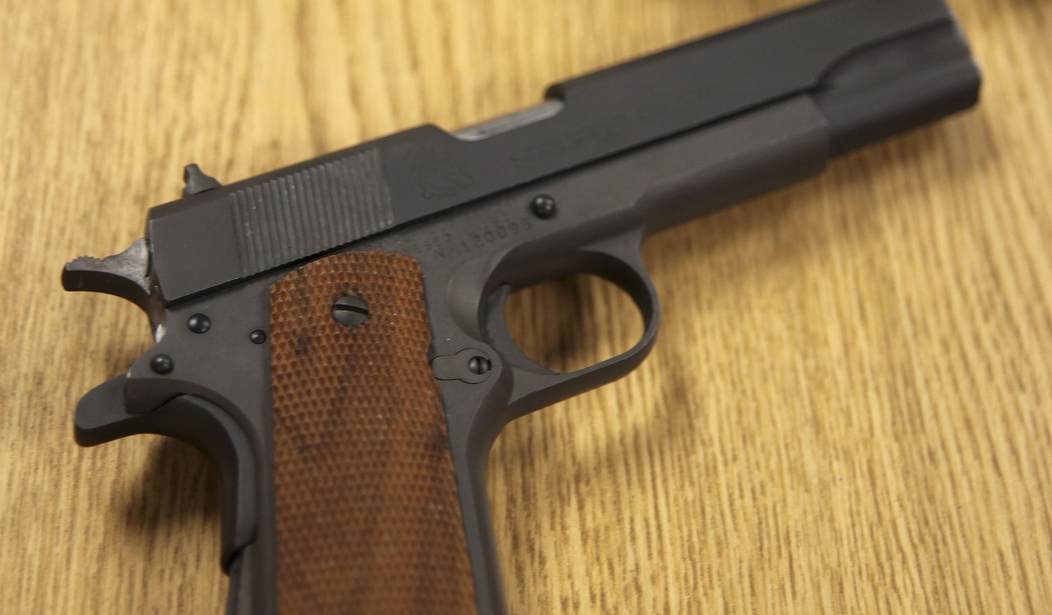Dick Heller, whose name is synonymous with Second Amendment advocacy thanks to his role as the main plaintiff in the case that brought down Washington, D.C.’s ban on handguns, has now signed on to a new lawsuit taking on the District’s recent prohibition on firearms manufacturing.
While the anti-gun politicians who promoted the new law focused on its prohibition on home-built firearms, as the lawsuit makes clear, the District has effected an outright ban on all gunmaking, even firearms that are serialized under the Gun Control Act.
One might think that after repeated losses in the courts, the District would show a modicum of respect for the Second Amendment. Alas, it does not appear to have happened. Examples abound of continuing facially unconstitutional limitations on the Second Amendment right of District residents. The District for example, so restricts the location of firearm dealers that no stocking gun retailer exists in the City. See Ezell v. City of Chicago, 846 F.3d 888 (7th Cir. 2017) (invalidating zoning ordinance which unnecessarily restricted the location of firing ranges). See also, Ezell v. Chicago, 651 F.3d 684 (7th Cir. 2011) (invalidating Chicago’s ban on firing ranges).The District has clearly not learned from its numerous defeats of in the courts, and this case arises from that predicament. The District’s antipathy toward firearms, a Constitutional protected item, extends so far as to flatly prohibit the manufacture of a firearm in the District; not a particularly dangerous and unusual firearm, see, e.g., Heller, 554 U.S. at 571 (discussing that laws forbidding the carrying of dangerous and unusual weapons were presumptively valid), but any firearm. See D.C. Code § 7-2504.01(a).Imagine were the District to ban the act of publishing one’s own words. Would this court not see such a law as utterly invalid under any standard of review? Can there be any justification for an outright prohibition on the manufacture of a firearm, a Constitutionally protected item? Indeed, how can there be a right to keep and bear arms, if there’s no right to make an arm in the first place? This case presents that issue for this court’s consideration.
George Lyon, the attorney who filed the lawsuit and a regular plaintiff in D.C. gun cases himself, says he understands the desire to target guns without serial numbers and those made from materials that may elude metal detectors. But he also says Bowser and the council rushed the legislation and didn’t properly clarify certain terms, potentially ensnaring otherwise legal guns and gun owners.
“They’ve gone way overboard, probably because of ignorance, maybe because they let anti-gun folks write the law,” says Lyon, pointing to definitions in the law he says would classify otherwise legal and popular handguns — including those owned by Hanson and Godwin — as illegal “ghost guns.” In the lawsuit, he accuses D.C. of legislating by “blindly wielding a meat axe when the Constitution requires it to carve carefully with a scalpel.”
A request for comment from Attorney General Karl Racine’s office — which is charged with defending the city in this lawsuit — wasn’t returned.
Lyon says D.C. could put itself in safer legal territory if it allowed residents to make their own guns from kits like those favored by Heller and then require owners to obtain serial numbers (as he says is allowed in California). He also suggests lawmakers define “ghost guns” more narrowly, as he says federal law does, to avoid ensnaring guns that could otherwise be legally registered.









